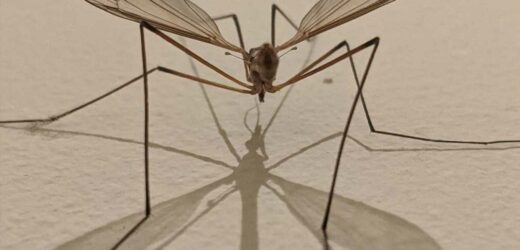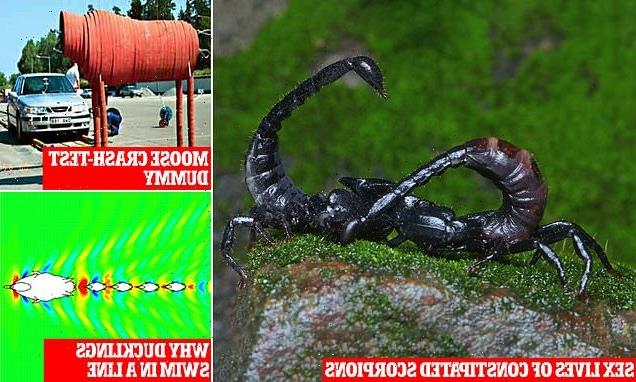BILLIONS of daddy long-legs could invade homes in the next two weeks, experts have warned.
The sudden increase in the creepy crawlies comes after the spate of hot weather we've been having.
The increase in temperature makes perfect breeding conditions for the spiders – with them often flying into windows, attracted by light, to find a mate.
The lack of rain has meant the spider eggs have gone un-disturbed this year with insect charity, Buglife, estimating around 200billion little ones could be crawling about.
But now the weather is turning again, they won't want to be in wet conditions.
However, the daddy long-legs – also known as crane flies – are good for the environment as their larvae helps enrich the soil, turning dead organic matter into nutrient-rich material.
Once airborne they only live for a few days and if you do happen to come across a few in your home, you should catch them and release them back outside.
Read more in UK news
Horrifying footage of cops knifed in bloody attack at Leicester Square
My home was left damaged and messy after a broadband firm fitted a new router
Keeping them out
If you're really not a fan of the creepy crawlies there are ways you can try to keep them from entering your home.
The delicate spiders live in cracks around the house and enter through crevices in windows and doors so making sure everything is sealed will help.
CountryLiving advises weather strips are the cheapest way to help cover cracks.
Most read in UK News
Horrifying footage of cops knifed in bloody attack at Leicester Square
Woman who clawed out of grave after fiancé buried her dies from pneumonia
Horror moment knifeman stabs victim near church in broad daylight
We were quoted £3k for a NIGHT so can't visit the Queen – we're furious
A spokesman for the Buglife charity said: “Although they can cause a bit of bother in homes with their incessant fluttering, they are placid creatures, literally incapable of hurting a fly.
“And they’re also breakfast, lunch and dinner for birds, bats, amphibians, spiders, other insects, reptiles and fish, which are building up reserves to see them through winter.”
Source: Read Full Article








